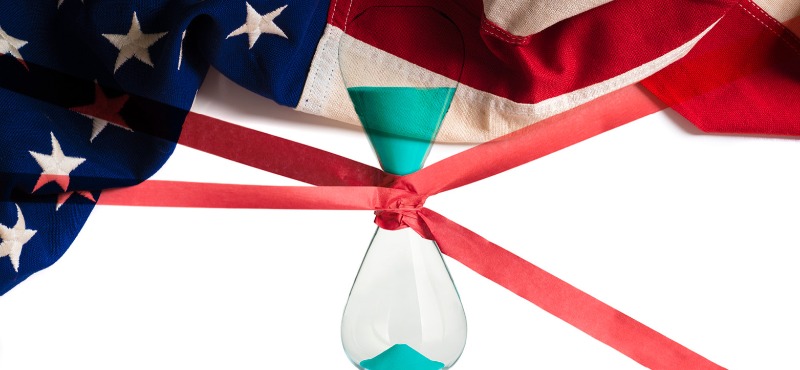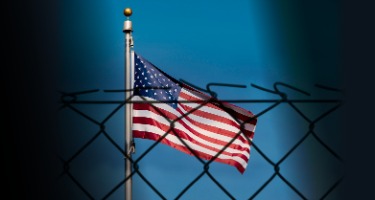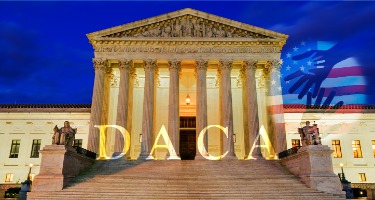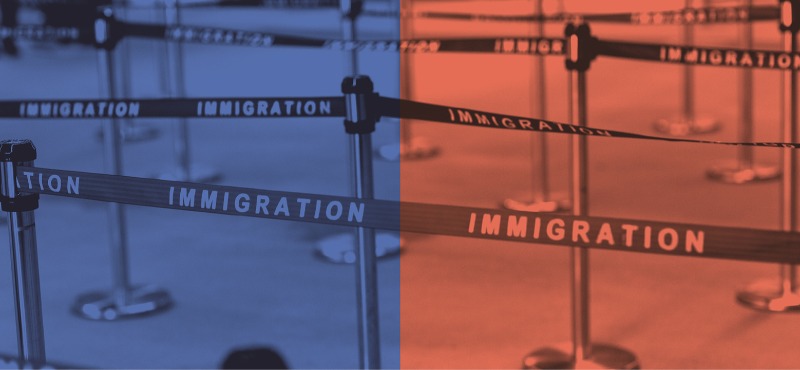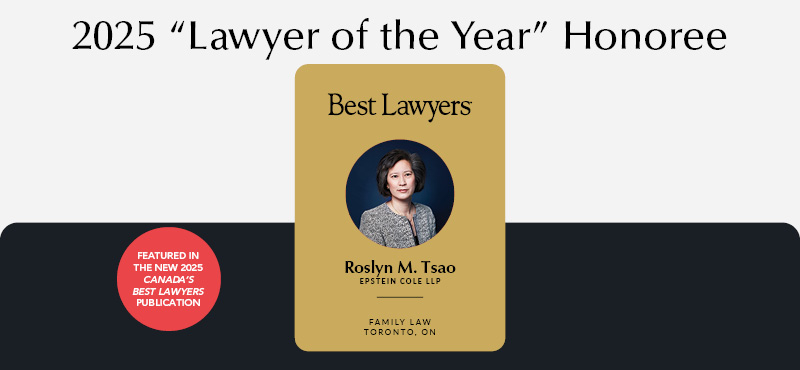The Trump administration made 2017 an interesting year in terms of immigration. So, what’s likely to happen in 2018?
Buy American, Hire American
The effects of President Trump’s Buy American, Hire American (BAHA) Executive Order, issued in April 2017, will continue to be felt. The order directed government departments to propose potential administrative and legislative changes to create higher wages and increased employment for U.S. workers and in order to more strictly police the H-1B visa category. The effect has been to quickly make H-1B adjudications more challenging. Employers and attorneys have seen a dramatic rise in requests for evidence (RFEs)—regardless of the industry. Subsequent to the BAHA issuance, U.S. Citizenship and Immigration Services (USCIS) published a memo that, henceforth, it no longer gives deference to prior approvals of work visa petitions, even if the job duties and employer remain the same. Now, an extension petition is given the same scrutiny as an initial petition, and in some cases, more scrutiny.
Proposed for 2018 are several rules by DHS concerning the H-1B program, including a rule to establish a point system to award H-1B visas to the most-skilled and highest-paid foreign nationals, as well as a system whereby employers apply for an allotment of new H-1B visas each year and thereby have a “pre-registration” for new H-1Bs. Along those same lines, the BAHA directive has prompted DHS to propose discontinuing the H-4 Employment Authorization Document. DHS is also reportedly considering new regulations that would limit eligibility for H-1B extensions past the usual six-year maximum. It’s important to note that the DHS has not yet issued proposed regulations or formal announcements regarding its intention to change its practices in connection with H-1B adjudications. To implement changes, DHS would need to issue a proposed regulation and follow the notice and comment rulemaking procedures set forth in the Administrative Procedure Act.
Enhanced Vetting and Increased Scrutiny
We will see continued enhanced vetting of applications for visas and all other immigration benefits, pursuant to President Trump’s March 2017 order. The executive order called for federal departments to develop “uniform screening and vetting standards” to identify terrorists or people who “present a risk of causing harm.” The order directed the U.S. Departments of State and Homeland Security to implement procedures to “enhance the screening and vetting of applications for visas and all other immigration benefits.”
The effect of this order has been felt at USCIS through stricter adjudication of petitions and applications to change or extend nonimmigrant status in the U.S. This directive has also impacted the adjudication of employment-based green cards; USCIS is now requiring, and will continue to require, all employment-based adjustment of status (green card) applicants to attend an in-person interview at the local USCIS office. This will significantly slow processing times as it will add over 100,000 interviews to field offices’ already overburdened workload.
Whether a direct result of the president’s BAHA order or the March 2017 order to enhance screening and vetting or a combination of the two, employers are seeing a dramatic rise in RFEs. For the H-1B category, these requests generally revolve around evidence qualifying the job and the foreign national. A common request for H-1Bs in 2017 focused on applications that propose a Level 1 or entry-level wage for the job. USCIS announced that the number of RFEs issued between January and August 2017 increased by 44 percent over last year. As a result of these additional requests, processing of all petitions and applications are taking longer.
Enhanced vetting through the Department of State will continue as well. Consular officers must now collect additional information from certain visa applicants (using a new Form DS-5535). Applicants required to complete this form must provide extensive information including 15-year travel, employment, and address history; their social media platforms and identifiers; and all phone numbers and email addresses used over the last five years.
Lastly, the Department of Labor is likely to employ additional scrutiny in 2018 through expected revisions to the Labor Condition Application used in the H-1B process, requiring additional information from employers. In addition, the processing time for PERM applications, the first step of the green card process, have increased since summer 2017.
Compliance
Recently Immigration and Customs Enforcement (ICE) raided almost 100 7-Eleven stores and made approximately 21 arrests in the biggest crackdown under this administration. ICE issued a press release on January 10 on worksite enforcement, detailing a three-pronged strategy: compliance through I-9 inspections, civil fines, and referrals for debarment; enforcement through the arrest of employers and unauthorized workers; and outreach through the ICA Mutual Agreement between Government Employers (IMAGE) program.
President Trump has also promised a “more targeted approach” to H-1B site visits to determine whether H-1B workers are serving in the appropriate position at the appropriate worksite and are receiving the appropriate wage.
DACA
On September 5, 2017, the Trump administration announced it would rescind the Deferred Action for Childhood Arrivals (DACA) program. USCIS immediately halted acceptance of new DACA applications, but the program was not set to officially end until March 5, 2018. Current DACA recipients were allowed to apply for a renewal by October 5, 2017. However, due to a recent court order, USCIS has resumed accepting requests to renew a grant of deferred action under DACA. For now, the DACA policy will be operated on the terms in place before it was rescinded. Congress is still debating legislation to protect the young immigrants that are the subject of DACA.
Be Prepared
Employers who sponsor foreign nationals should prepare for stricter scrutiny and longer adjudications of petitions by USCIS, as well as visa applications by the Department of State when foreign national employees travel abroad. They should be prepared for unannounced site visits by USCIS and must pay close attention to maintaining required immigration compliance documents including, but not limited to, I-9 Forms and H-1B Public Access Files.
----------------------------
Meredith W. Barnette has practiced U.S. immigration law since 2006. Ms. Barnette represents employers and employees in a variety of industries, including, but not limited to, manufacturing, information technology, medicine, and academia. She has extensive experience in the preparation of nonimmigrant visa petitions as well as extraordinary ability, outstanding researcher, and multinational executive and manager immigrant petitions.
Email: Meredith.Barnette@garfinkelimmigration.com
Phone: 704.442.8000
Website: www.garfinkelimmigration.com
Facebook: www.facebook.com/GarfinkelImmigrationLawFirm
Twitter: www.twitter.com/GarfinkelLaw
